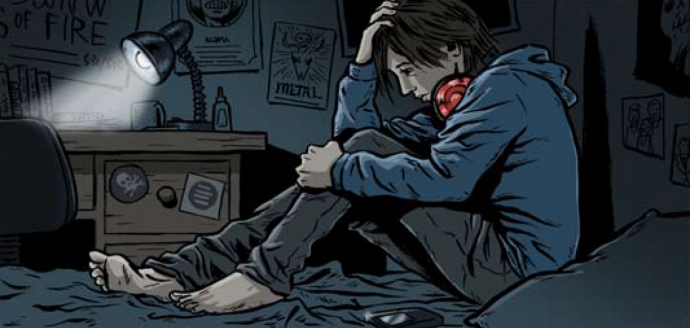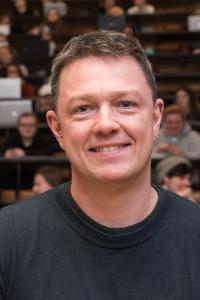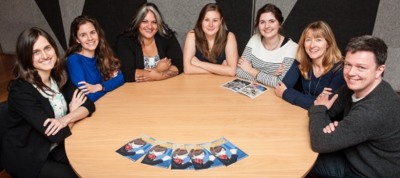Untangling the link between self-injury and suicide

Professor Marc Wilson from Victoria University of Wellington will investigate whether self-harm leads to suicidal thoughts and behaviour, or vice versa, in New Zealand youth. This study will help us better understand suicide, a major cause of death among 15-29 year olds in Aotearoa New Zealand and globally.
Published 8 November 2018

Professor Marc Wilson (Photo: provided)
Half of young New Zealanders engage in non-suicidal self-injury, such as cutting. Our nation also has one of the highest rates of youth suicide in the developed world, with Māori and Pasifika disproportionally affected. Suicide is the second biggest killer of 15-29 year-olds internationally, surpassed only by road traffic accidents. Research has shown that self-injurious thoughts and behaviour can predict suicidal thoughts and behaviour. However, the causal link between non-suicidal self-injury and suicide is poorly understood.
Professor Marc Wilson from Victoria University of Wellington’s School of Psychology has received a Marsden Fund grant to examine why so many young people deliberately hurt themselves, and whether non-suicidal self-injury is a ‘gateway’ to suicidal thoughts and behaviour or vice versa. With a team of psychologists and researchers, he will undertake a longitudinal study of secondary school students. The team will survey around 2,000 youth each year on measures of self-harm, suicidal thoughts, and possible contributing factors such as self-esteem, social connectedness, and perfectionism. The team will also examine the link between physiological markers of stress (such as pain sensitivity, endocrine function, and heart-rate variability) and self-harm and/or suicidal thoughts and actions.
This will be the first longitudinal study in the world to test whether self-harm leads to suicidal thoughts and behaviour, or whether the reverse is true. The results will help to answer urgent questions about self-injury and suicide – their causes and consequences – among New Zealand youth and enable better interventions for at-risk youth.

The Youth Wellbeing Study team, from left: Maddie Judge, Jessica Garisch, Lynne Russell, Kealagh Robinson, Emma-Jayne Brown, Angelique O'Connell, and Marc Wilson (Photo: provided)
